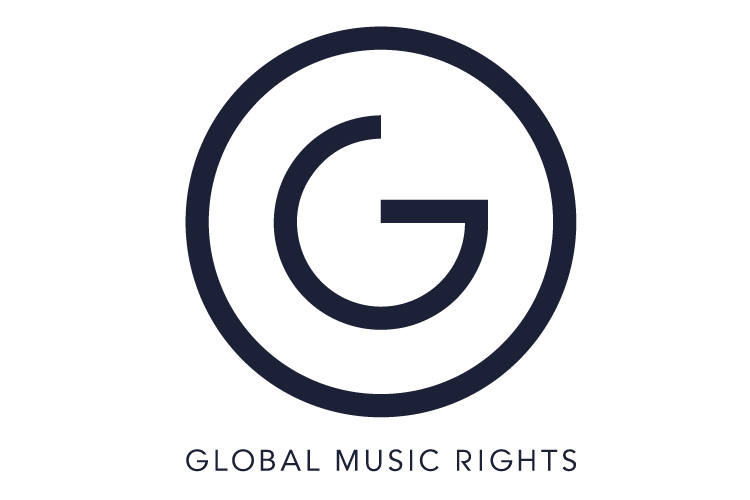BMI, SESAC and ASCAP are some of the more well-known Performance Rights Organizations (PROs). Did you know they are not the only ones? Over the past five years, Global Music Rights has made a name for itself as an up and coming PRO.
But what are PROs?
The way people and businesses play, purchase, listen to, and consume music has changed drastically in recent times. Revenues related to purchases of physical media and downloads are fading. Now, the attention is turning more than ever towards other sources of royalty revenues, such as performance rights. PROs play a major role collecting these rights and they monitor the compliance of businesses playing music in public.
PROs are in charge of administering the rights of songwriters and publishers. These duties include the collection and distribution of royalties on their behalf. It would be practically impossible for these creators to pick up their royalties one by one. There are too many instances, from digital platforms to physical venues, in which where their rights are being used. This network of agencies work to make sure that people pay all the royalties. In order to do this, they have close contact with different music platforms and checking physical locations, to collect and distribute them on the creators behalf.
Global Music Rights
Global Music Rights (GMR) started in 2013, making it the youngest of the US P.R.O.s,. Taking into account that BMI was created in 1939, SESAC in 1930, and ASCAP as far back as in 1914, GMR can be considered as a “baby” in the industry. Its founder, the music industry veteran Irving Azoff, created it as an alternative to the traditional performance rights model. The year after he created GMR, Billboard considered him the most powerful man in the music industry.
Because of his contacts in the music industry, it was easy for Azoff to get big names on board. The major advantage for the artists covered by GMR is that, unlike BMI or ASCAP, it is not regulated by statutory laws. This permits GMR to ask for higher royalties than what their creators receive from other PROs. Even though GMR has relatively few creators in comparison to other PROs, they do have some major names. Their catalog includes Bruno Mars, Drake, Chris Cornwell, Harry Styles, John Lennon, Bon Jovi, Pharrell Williams, Bruce Springsteen and Billy Idol.
Royalties in the Modern World
Azoff argues that consent decrees, the agreements in which royalty payments are based, have not been updated to take into account the way music consumption has evolved over the years. He argues that this has led to low royalty rates for digital music performances such as streaming and distribution in physical venues.
GMR prides itself on being an active and progressive advocate for creators in the performing rights marketplace, according to Azoff. “We are committed to protecting the integrity of music rights and promoting the value of intellectual property on behalf of creators”.
As a business venue that wants to have access to the right content, you have to make sure that you are also covered for GMR. Their small, but strong, artist base makes it essential to use their licenses to access all the music you want. Like this, you can avoid upsetting surprises with fines. SoundMachine is in tight collaboration with Global Music Rights, as well as all other collecting societies. And therefore, we will cover you no matter what sort of stations you create with our new custom station features.



